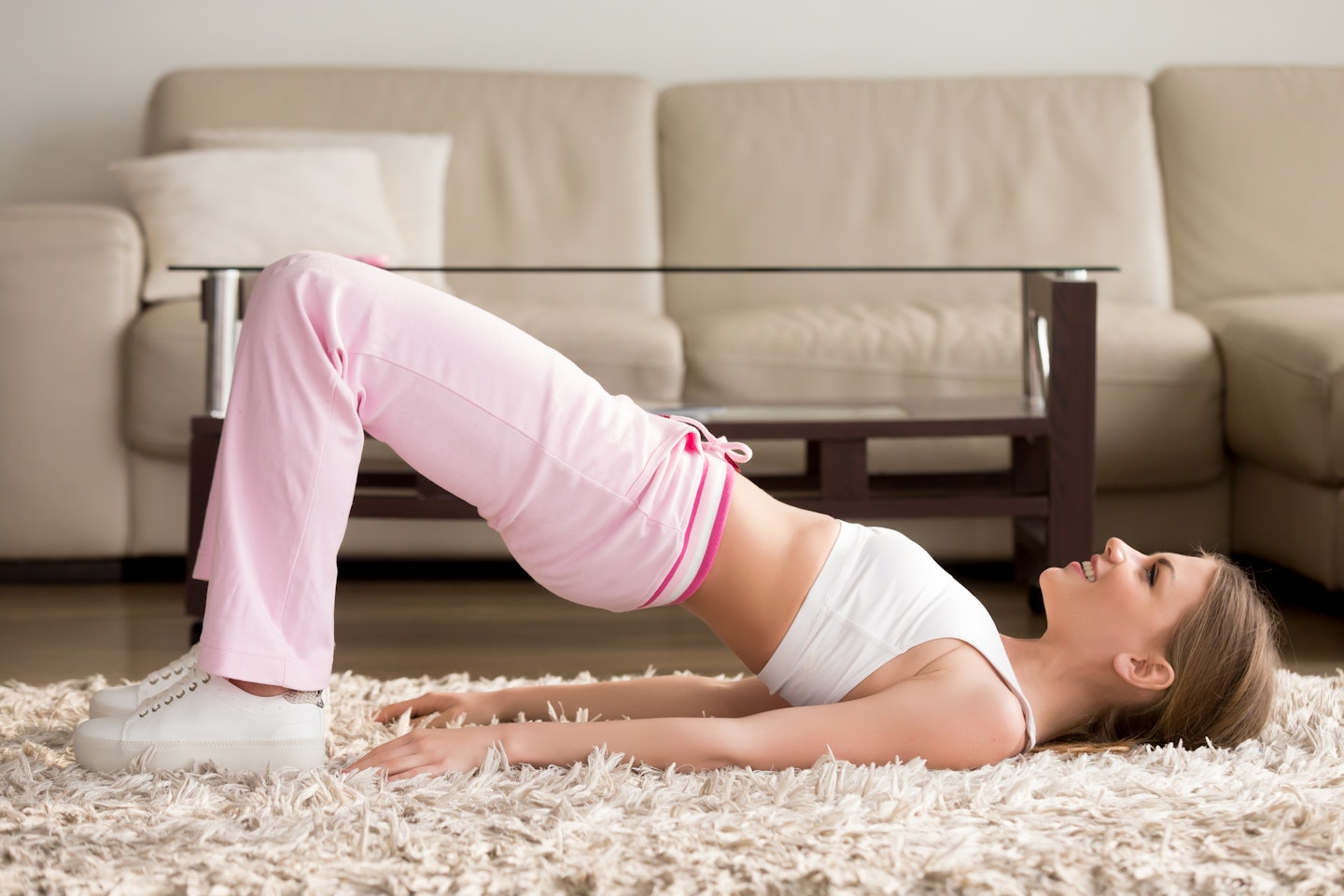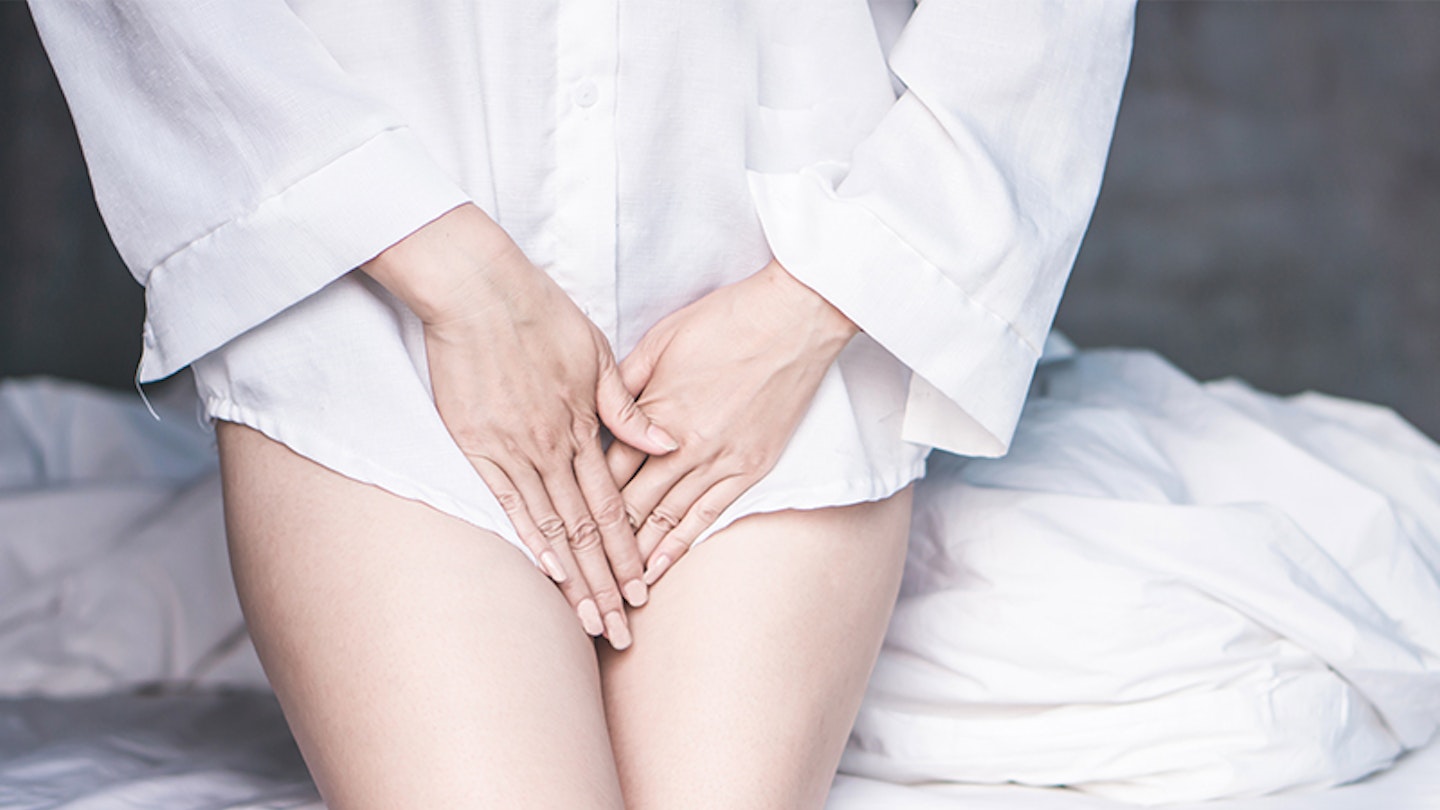Bladder weakness might not be a topic that many women feel comfortable talking about but it is completely normal with recent research by Always Discreetfinding that seven in 10 women get them and 41% attribute their leaks to childbirth.
Whether you’ve just had a baby or gave birth years ago, bladder leaks can happen.
This doesn’t mean you should accept them because there’s always something that can be done to improve leaks at any stage of your life.
Sadly, half of the women experiencing leaks say they have still not had the courage to talk to their closest friends or family about the issue and 7 in 10 wouldn’t tell their GP about them either.
There are many types of bladder leaks so it is important to seek a professional’s advice to help you find the best course of treatment for yours.
We caught up with Dr. Anita Mitra, AKA the Gynae Geek, who has partnered with Always Discreet in a bid to break the taboo on bladder leaks and to help women seek the help needed to improve the issue.
First things first, what is bladder incontinence?
“There are many different types of bladder incontinence which is why it is so important you speak to your doctor. If you get the right diagnosis, the doctor can advise on the most effective treatment for you.
The most common types are stress and urge incontinence.
Stress incontinence is when you experience leaks due to stress on your bladder from the likes of coughing, laughing or exercising.
Urge incontinence is when you struggle to reach the toilet in time. Women can also experience a mix of both.”
Does childbirth cause bladder leaks?
“Although having a vaginal delivery can cause further weakening, just being pregnant has a huge part to play in the weakening of your pelvic floor.
During pregnancy, the weight of your baby puts prolonged pressure on your pelvic floor which can cause it to weaken to the point where many women first experience bladder leaks during pregnancy.”
Are bladder leaks only common in older mums?
“Absolutely not, bladder leaks are far more common than you think in younger women, research from Always Discreet found that almost two-thirds of people aged 18-24 have experienced them.
You can experience them at any age for a wide range of reasons such as weight gain, the impact of surgery or even your diet.
The most important thing is to speak to your doctor if you have any concerns because it is not something you simply have to put up with.”
Will I always have incontinence after having a baby?
“In most cases, there is always something that can be implemented to better improve your bladder leaks.
There are different types of bladder weakness so I’d advise a trip to the doctor to help you first establish the cause, in order to find the best course of action for your situation.
It is equally important to do your pelvic floor exercises after your pregnancy, as during.
Ideally, I would suggest you do them before, during and after pregnancy, however being a muscle, the pelvic floor is never beyond repair. This means it is never too late to start.”
What can I do to strengthen my pelvic floor?

“There are various types and different causes of incontinence and while pelvic floor exercises can help considerably in some cases, they won’t always cure all forms of bladder leaks.
That being said, pelvic floor exercises do help many women see a marked improvement and they’re a particularly effective treatment for those with stress incontinence.
This is when your bladder is put under too much stress over a prolonged period and can be brought on during pregnancy or due to weight gain.
People experiencing stress incontinence finding themselves leaking when they run, cough or laugh for example.
There is no harm in everyone exercising their pelvic floors to start strengthening them up over time!
There is also something called the ‘knack’ which you can use when you recognise the triggers that cause your leaks.
For example, if you know that sneezing causes your leaks, you squeeze your pelvic floor muscles at exactly the right time to stop it happening.
It takes some practise but many women find this helps.”
Will I need surgery to improve my pelvic floor?
"Surgery is an option in certain cases but it’s not the only one.
Everyone is different and while some people require physio to see improvement, others may be better suited to medication.
People often underestimate the benefits of simple pelvic floor exercises which, when done properly and consistently, can greatly improve symptoms in a lot of cases.”
How do I do pelvic floor exercises properly?
“I find the best technique is a simple one. You should start by sitting down with your back straight, on the edge of your chair.
Then you’ll need to locate your pelvic floor muscle which can be done when you’re on the toilet and you tense your muscles to stop yourself from urinating.
To exercise the muscle, simply squeeze as if you’re lifting it upward, away from the chair. Lift for one second and release for one second. Repeat this ten times.
This is working your fast-twitch muscles so then you need to work your slow-twitch muscles. Do the same action but hold for ten seconds.
Don’t worry if you can’t hold it for the full count, just do whatever you can and you will start to see an improvement over time.
You should be doing these every day and many women say they do them at the same point in the day, in order to remember. For example, sitting at traffic lights or whilst brushing their teeth.
Dr Masarat Jilani the Selfcare Doctor who has partnered up with Jude as their in-house doctor to tackle the taboo around pelvic health and educate on the importance of pelvic floor exercises adds, “Making pelvic floor exercises fun is also key. Belly-dancing, hula hooping or pilates are all enjoyable activities you can try to boost your pelvic floor. Learning about bladder and pelvic health and busting myths is also important - that’s why Jude had a free Bladder Care Handbook which you can download to learn all about the ways you can take care of your pelvic floor ”
Can lifestyle factors affect bladder leaks?
“Dietcan definitely act as a trigger for bladder leaks, especially those suffering from stress incontinence when the bladder is put under too much pressure. If you are constantly constipated, you are putting your bladder under access pressure which could lead to leaks.
A lot of diets nowadays focus on eliminating carbs from, however, this often results in us not eating enough fibre and so causing constipation.
Sometimes we can miss the signs of being constipated because we often consume a lot of caffeine which helps you open your bowels even though you may not be eating enough fibre.
Caffeine can also trigger leaks because it can irritate the bladder and acts as a diuretic so can increase your chances of becoming incontinent.
If you are experiencing bladder leaks, it’s worth reducing your intake of caffeine to see if this improves the symptoms.
A lot of people believe that if they reduce their liquid intake, they reduce their chances of bladder leaks. In fact, this can have the opposite effect.
If your urine is very concentrated it can irritate your bladder and make leaks more likely. It is very important that you drink enough water throughout the day.”
Dr. Anita Mitra, the Gynae Geek, who has partnered with Always Discreet in a bid to break the taboo on bladder leaks and to help women seek the help needed to improve the issue.
If you have any questions about bladder leaks after childbirth, you can reach Bladder Health UK’s confidential advice line on 0800 4334 600.
